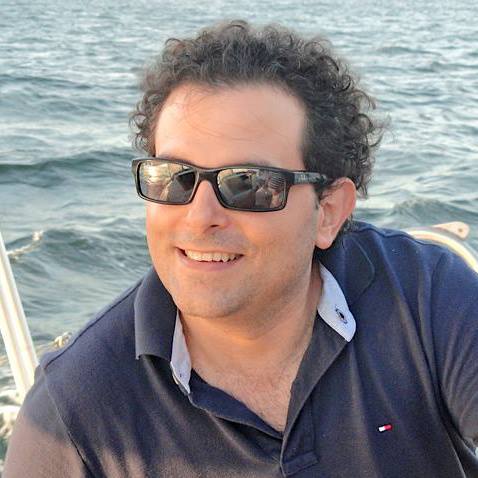Multi-objective optimization with an adaptive resonance theory-based estimation of distribution algorithm
The introduction of learning to the search mechanisms of optimization algorithms has been nominated as one of the viable approaches when dealing with complex optimization problems, in particular with multi-objective ones. One of the forms of carrying out this hybridization process is by using multi-objective optimization estimation of distribution algorithms (MOEDAs). However, it has been pointed out that current MOEDAs have an intrinsic shortcoming in their model-building algorithms that hamper their performance.
In this work, we put forward the argument that error-based learning, the class of learning most commonly used in MOEDAs is responsible for current MOEDA underachievement. We present adaptive resonance theory (ART) as a suitable learning paradigm alternative and present a novel algorithm called multi-objective ART-based EDA (MARTEDA) that uses a Gaussian ART neural network for model-building and a hypervolume-based selector as described for the HypE algorithm. In order to assert the improvement obtained by combining two cutting-edge approaches to optimization an extensive set of experiments are carried out. These experiments also test the scalability of MARTEDA as the number of objective functions increases.


